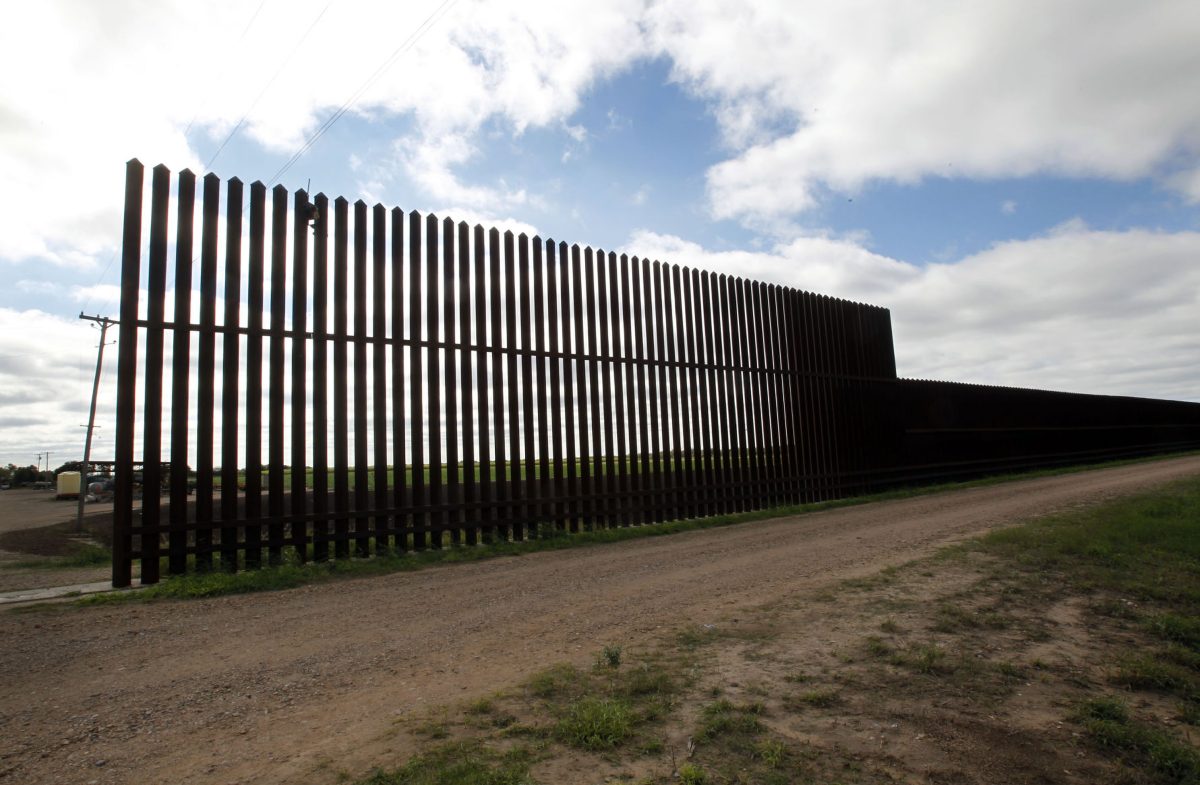RIO GRANDE CITY — The 32 miles of proposed border wall in Starr County may cost as much as $784 million, according to U.S. Rep. Henry Cuellar, D-Laredo.
In addition, $498 million has been appropriated in the U.S. House of Representatives 2018 appropriations bill for 28 miles of levee wall in the Rio Grande Valley, primarily in Hidalgo County. For the bollard wall in Starr County — which would reach as high as 30 feet with an 8-inch diameter — Customs and Border Protection remains in the initial stages of planning the concrete-filled steel fence, according to CBP documents.
“Three quarters of a billion dollars on just those 32 miles for Starr County,” Cuellar prefaced on Monday. “(That’s) a lot of money; imagine what you could do with that money. That’s only 32 miles. I’d rather use the technology, the personnel, and make sure CBP has the proper technology at the ports.”
While CBP continues to plan a potential barrier between the United States and Mexico, a constitutional challenge to the government’s border wall waivers in California could impact its construction in the Valley, a local environmentalist said.
California filed a lawsuit Wednesday alleging that President Donald Trump’s proposal to expedite construction of a wall at the U.S.-Mexico border violates laws protecting the environment.
Scott Nicol, executive member of the Sierra Club, said that his group — along with the Defenders of Wildlife and the Animal Legal Defense Fund — also filed a lawsuit on Sept. 14 challenging the constitutionality of the government’s waivers. Defendants in this suit are the Department of Homeland Security and its acting secretary.
Nicol and his group have been in the middle of the border wall debate locally, believing the CBP has been operating with impunity with regard to laws surround the purported border wall construction.
“It’s likely that if they are going to go forward with border walls in Santa Ana (wildlife refuge) they will waive laws the same way they have in California,” Nicol said. “It’s just easier from their perspective … they don’t care about the damage that they do, then why should they have to suffer legal consequences for doing it. I think that’s pretty irresponsible. It’s pretty absurd to say, ‘We need to enforce one set of laws, and we’re just going to go ahead and sweep aside another set of laws.’ It’s not what the whole legal structure should be about.”
Nicol said if the Supreme Court were to decide that the waivers are unconstitutional it could dramatically shift the purported talk of border wall construction throughout the country.
“(If) the Supreme Court says, that yes, this waiver power is unconstitutional, then that completely changes the playing-field for border walls everywhere, South Texas included,” Nicol said. “They would no longer be able to waive all of these laws.”
He said if the government had to abide by the laws they tried to circumvent through the waivers, it might be a while before any construction begins.
“If they don’t have the ability to waive the national environmental policy act, they’re going to have to prepare an environmental impact statement — that’s going to take them probably a year,” Nicol said. “… All these laws that were waived the last time walls were built in South Texas, they would have to start obeying those laws.”







